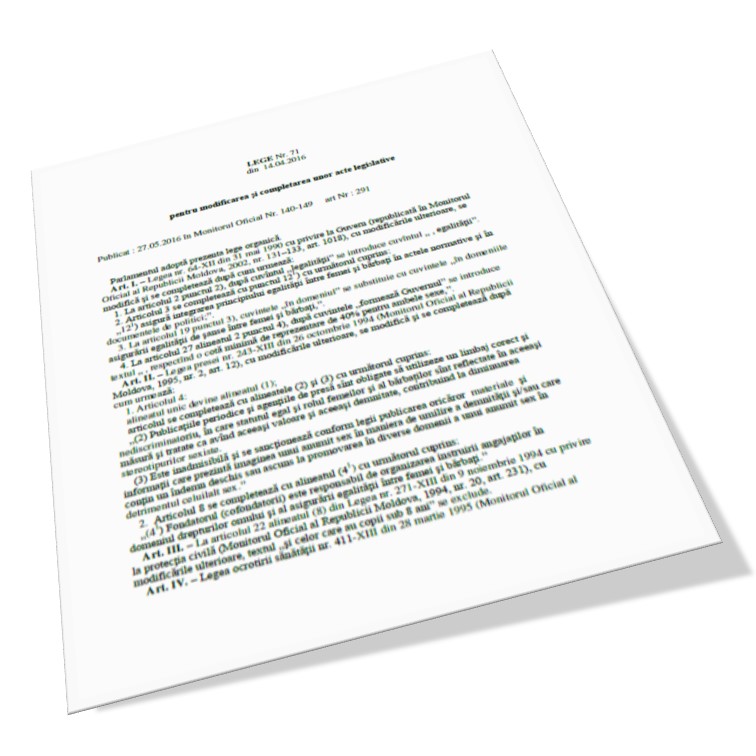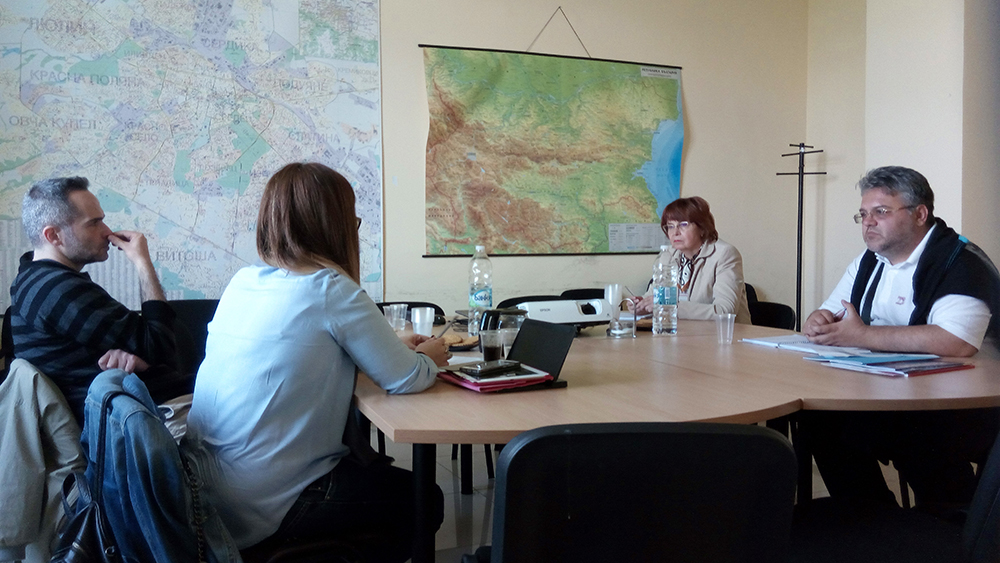Further survival of harm reduction programs and HIV prevention in the Republic of Macedonia is uncertain. The current financial support from the Global Fund to fight AIDS, Tuberculosis and Malaria ends in June 2017. This will result with leaving over 10,000 people who use drugs as well as their family members without proper social and health care.
Thanks to harm reduction programs, only two new HIV cases have been recorded in Macedonia in the last ten years as a result of drugs injecting and less than 5% of 315 registered cases of HIV were people who inject drugs. These figures are far smaller than in the neighbouring countries. Macedonia can boast with the lowest HIV rate in Southeast Europe, but if these programs are not implemented, there is a risk of HIV epidemics as a result of interaction with the epidemics in neighbouring countries and the possibility of increasing risk behaviours.
There are 17 harm reduction programs in Macedonia (4 in Skopje and 13 in different other cities). These programs are efficient and financially worthwhile. According to the research analyses, the cost for one client in harm reduction programs is approximately 155 € per year. In contrast, the cost only for medicines for a patient with hepatitis C is up to 13.194 €, and the untimely and inappropriate treatment of hepatitis C causes cirrhosis and liver cancer, whose treatment costs more than 30.000 € per patient. Additionally, the costs of treating HIV and hepatitis C financially exhaust the families of people in need of treatment, thereby further multiplying undesirable costs and disrupting overall social well-being.
Therefore, a petition was initiated to request the Ministry of Health and the Government of the Republic of Macedonia to:
- Adopt an urgent solution for using funds from the HIV program and the remaining funds from the Global Fund for key programs across the country, which will ensure continued assistance to citizens and the prevention of HIV.
- Establish cooperation between the Ministry of Health and the civil society and other stakeholders for adoption of appropriate laws or by-laws and measures that will guarantee transparency, adequate expertise and long-term sustainability and development of HIV prevention programs.
Healthy Options Project Skopje produced advocacy movie in cooperation with Drugreporter to support the campaign and save underfunded harm reduction programmes which are a huge success in the region. Watch the video produced and learn more!



















